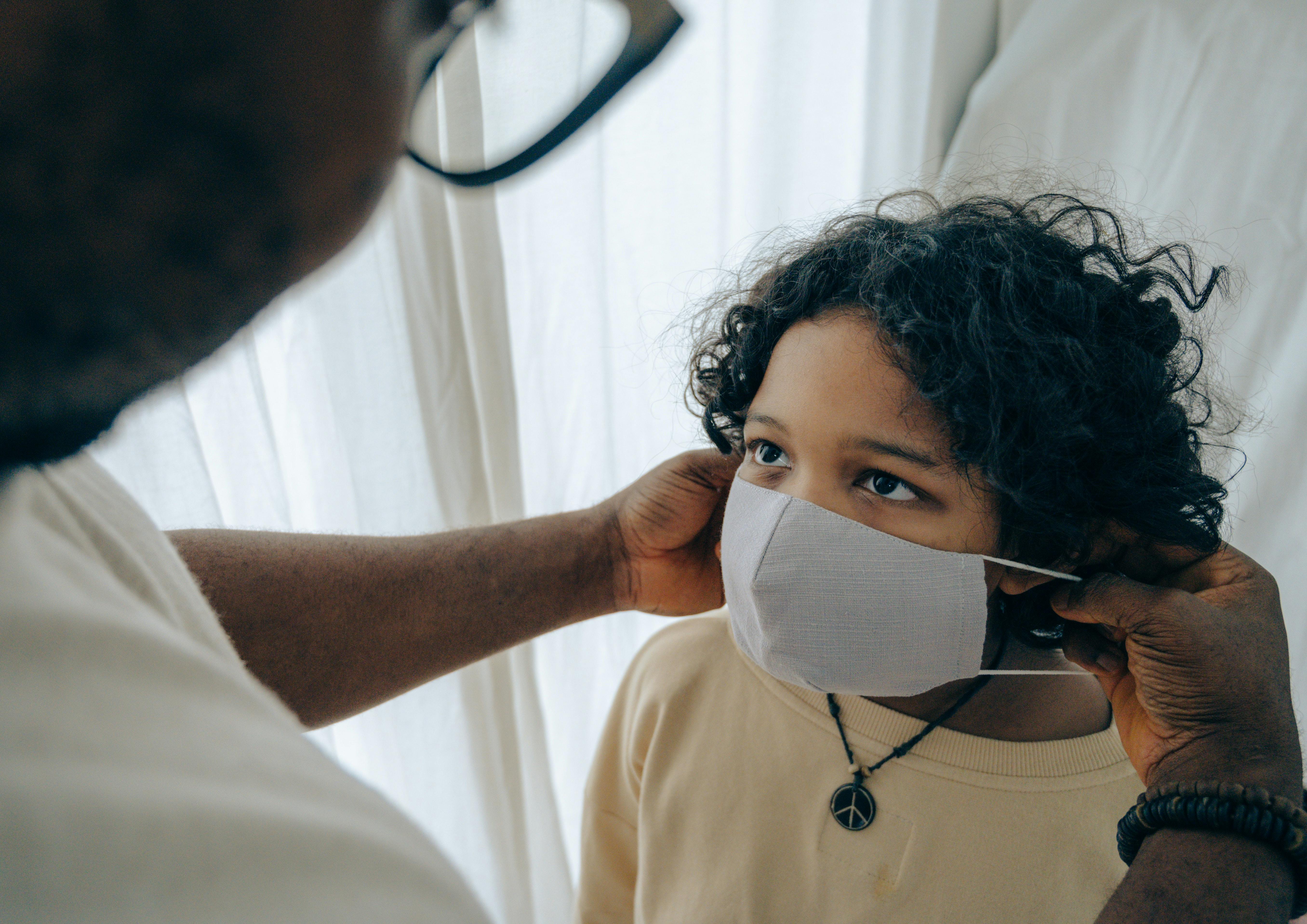Vitamin D and COVID-19


Your immune function and how well you can fight infections relies on a huge number of factors — good nutrition is high up on that list. There’s one nutrient getting a lot of attention in relation to the current COVID-19 pandemic, vitamin D. Some researchers claim it has the potential to prevent or help treat COVID-19. Can a single nutrient play a key role in the fight against COVID-19?
Vitamin D and immune function
It’s well-known that vitamin D is essential for healthy bones and muscles, but it’s also really important for your immune function. In fact, a reported sign of vitamin D deficiency is getting sick often. You can check your vitamin D levels at home as part of a vitamins blood test.
Studies have shown that vitamin D might play a role in enhancing your innate immunity — a type of immunity you already have when you’re born. It seems to help your body to produce antimicrobial proteins that are part of your mucosal defences. For example, the mucus in your nose contains antimicrobial proteins that help to prevent bacteria and viruses from entering your body. Vitamin D might also help regulate inflammation in your body. Inflammation is another important defence mechanism your immune system uses to fight infections.
There’s some evidence to suggest that vitamin D supplements might help reduce your risk of developing a cold or flu. This has naturally led researchers to question whether vitamin D could play a role in protecting you against COVID-19 — whether that’s reducing your risk of contracting COVID-19 or helping you fight the virus once infected.
Vitamin D and respiratory infections
Research into the protective effects of vitamin D against infections that affect your lungs, throat, and sinuses (acute respiratory infections) is nothing new — dating back as far as the 1930s. These infections include things like the common cold, flu, and pneumonia (which is a possible complication of COVID-19).
So far, there are some studies to show that vitamin D might help protect you from respiratory infections, but the effect is modest. It’s also important to note that the evidence quality isn’t very robust.
Vitamin D and COVID-19
COVID-19 is a new disease, and as a result, studies on the possible link with vitamin D are limited.
Researchers have used the national estimates of vitamin D status from European countries to understand this relationship more. Through this, some have reported that lower vitamin D levels are associated with a higher risk of infection and more severe COVID-19 symptoms.
Some other studies have looked to see if there’s any link between low pre-pandemic vitamin D levels and subsequent incidence and severity of COVID-19, but the results are conflicting.
While there are some promising signs, the evidence is still limited. So experts have called for randomised controlled trials on vitamin D and COVID-19. To be able to make any credible recommendations, a large population would need to receive a vitamin D supplement, and the rate of infection and severity of symptoms would be tracked. In addition to this, varying doses of vitamin D supplementation would also be required to understand what dose offers the most protection.

Should you take a vitamin D supplement?
It’s estimated that about 40% of the UK are vitamin D deficient during winter. This is because your main source of vitamin D is sunlight — your skin produces it when exposed to UV rays. So every year, Public Health England advises everyone to consider a 10 mcg (400 IU) daily vitamin D supplement from October to March.
Plus, with people likely spending more time indoors isolating or shielding, the government has advised that everyone should consider a vitamin D supplement during the COVID-19 pandemic.
Takeaway message
COVID-19 aside, maintaining good vitamin D levels is important for a wide range of reasons — it’s needed for healthy bones, teeth, and muscles. And with vitamin D deficiencies increasing coming into winter, everyone should consider taking a vitamin D supplement. Bonus points if it just so happens to offer some protection against infections like COVID-19.
Lanham-New, S. A., Webb, A. R., Cashman, K. D., Buttriss, J. L., Fallowfield, J. L., Masud, T., ... & Ward, K. A. (2020). Vitamin D and SARS-CoV-2 virus/COVID-19 disease. BMJ Nutrition, Prevention & Health.
Martineau, A. R., & Forouhi, N. G. (2020). Vitamin D for COVID-19: a case to answer?. The Lancet Diabetes & Endocrinology, 8(9), 735-736.
NICE (2020). COVID-19 rapid evidence summary: vitamin D for COVID-19. Retrieved 29 September 2020 from www.nice.org.uk/advice/es28/chapter/Advisory-statement-on-likely-place-in-therapy.
WHO (2017). Vitamin D for prevention of respiratory tract infections. Retrieved 29 September 2020 from https://www.who.int/elena/titles/commentary/vitamind_pneumonia_children/en/.